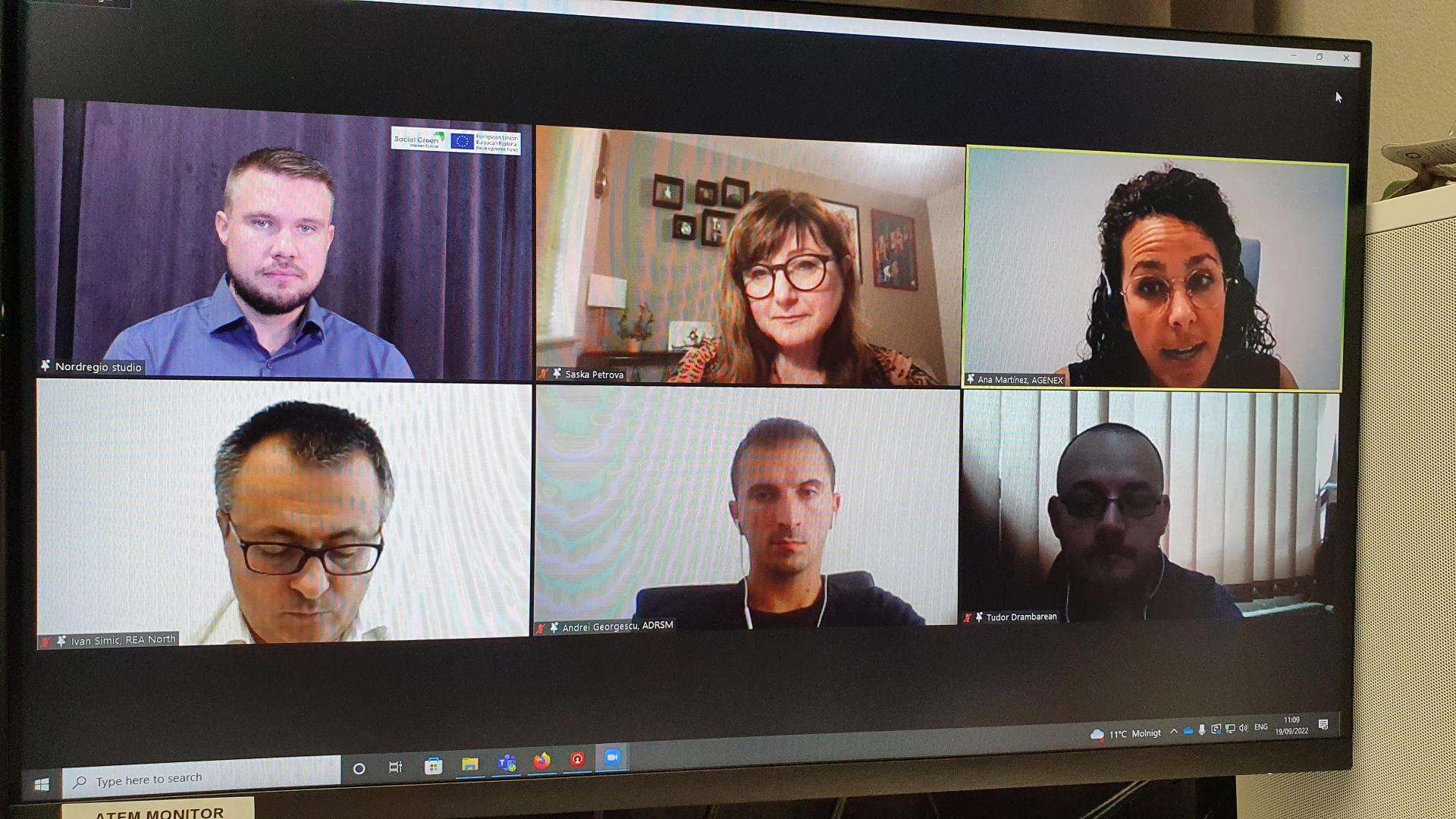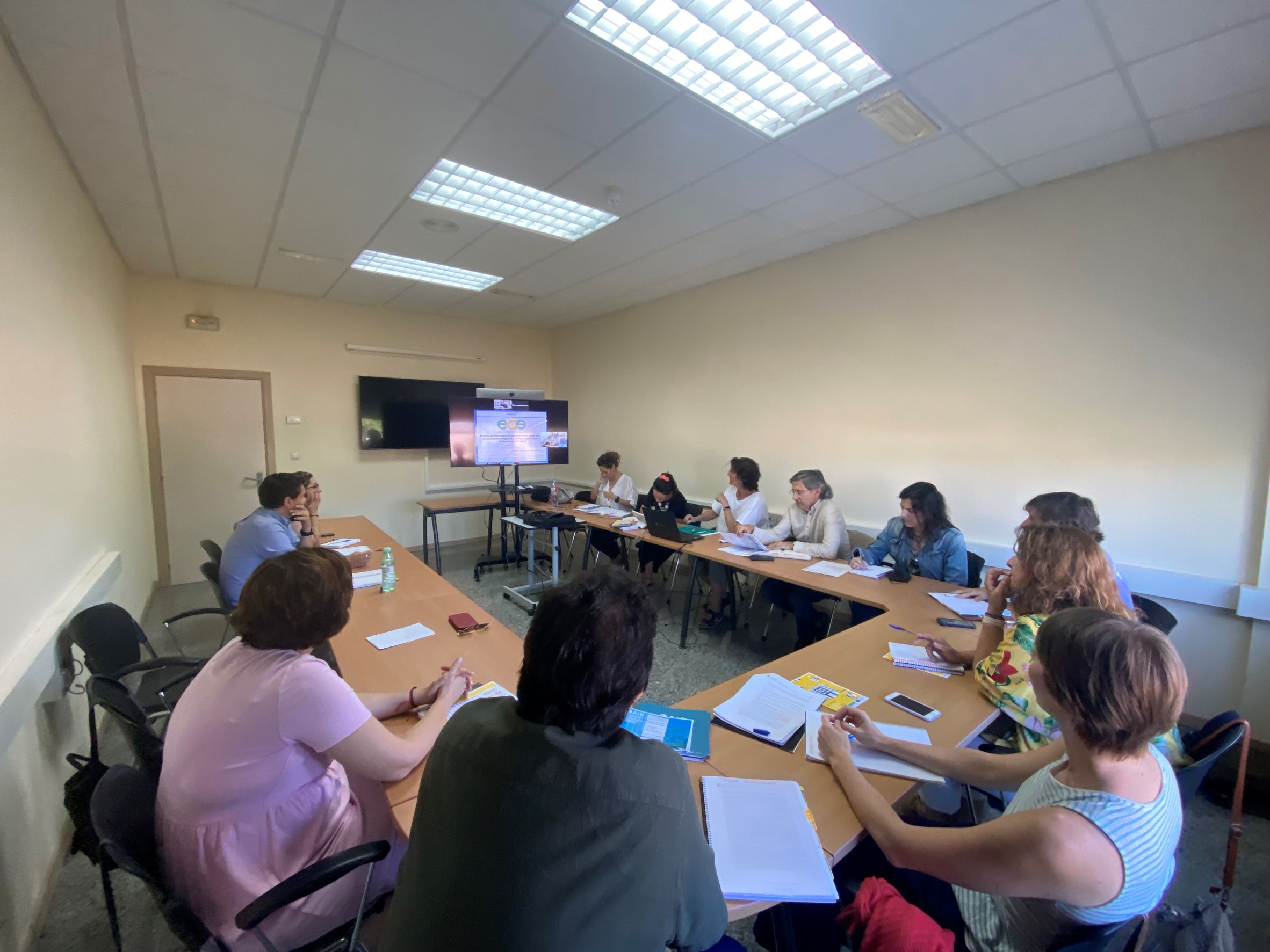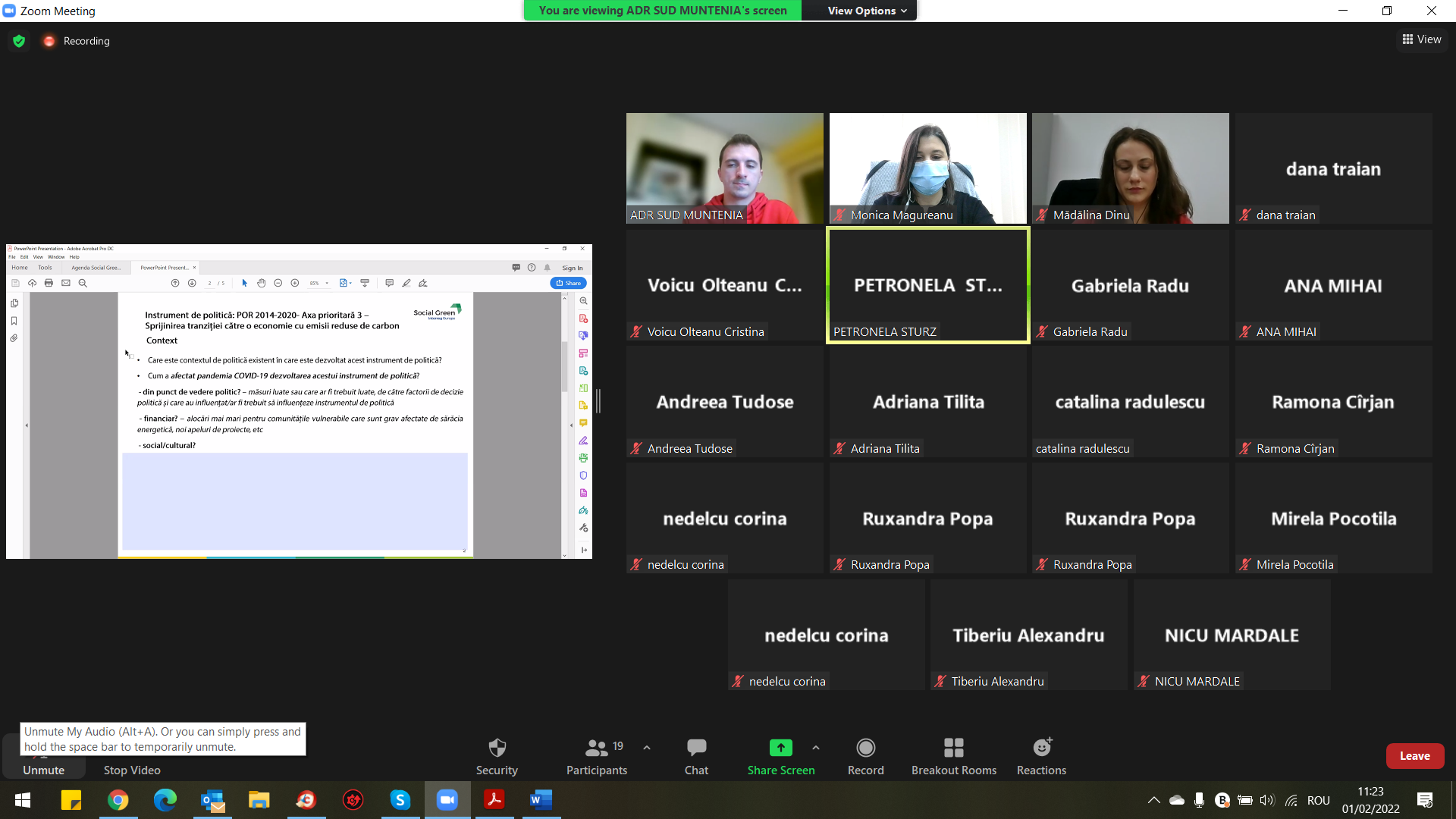Within the framework of the More-Connect European research project, 18 partners have come together to develop modular solutions that allow:
- Combining with other systems, so that buildings with almost zero (nZEB) or zero (ZEB) energy needs can be achieved, with a view to economic profitability
- The returns of the investment in less than eight years
- A total work time between two and five days.
The energy rehabilitation solution studied in the Portuguese context consists of the development of a modular panel designed to be built with materials of reduced environmental impact during its life cycle, both in terms of energy and emissions produced. The solution developed will be part of an integrated rehabilitation of a pilot building in Vila Nova de Gaia, managed by the municipal company Gaiurb.
The rehabilitation module will be placed on the facade of the multifamily building. The building, with 18 houses, was built in 1997 in a context of social housing and presents obvious signs of need for intervention as extensive areas with humidity, which cause thermal discomfort. In addition to the application of the modular panel, the rehabilitation will include the reinforcement of the insulation on the roof and floor of the garage, as well as the introduction of a biomass boiler as a centralized heating system.
In the framework of the More-Connect project, a continuous monitoring campaign is also being carried out, which will continue once the work is finished, so that the real effects of the implementation of the designed solution can be evaluated. The simulations carried out through the numerical analysis have concluded that it is possible to achieve a reduction of approximately 25% in the primary energy needed to obtain comfort conditions within the building, only with the application of the panel on the facade, and the reductions can reach to 98% in the integrated rehabilitation, with the reinforcement of the insulation in the roof and the pavement in the garage, and with the introduction of the biomass boiler as a centralized system.
Modular prefabricated solutions for the rehabilitation of facades are, therefore, a valid technical alternative to the so-called conventional façade treatment solutions for energy rehabilitation and can significantly contribute to the transformation of existing buildings into nZEB. In addition, it is expected that economies of scale and optimization of the panel production process will bring additional benefits from the point of view of reducing manufacturing costs, which will be essential for the introduction of this type of solution in the market.






